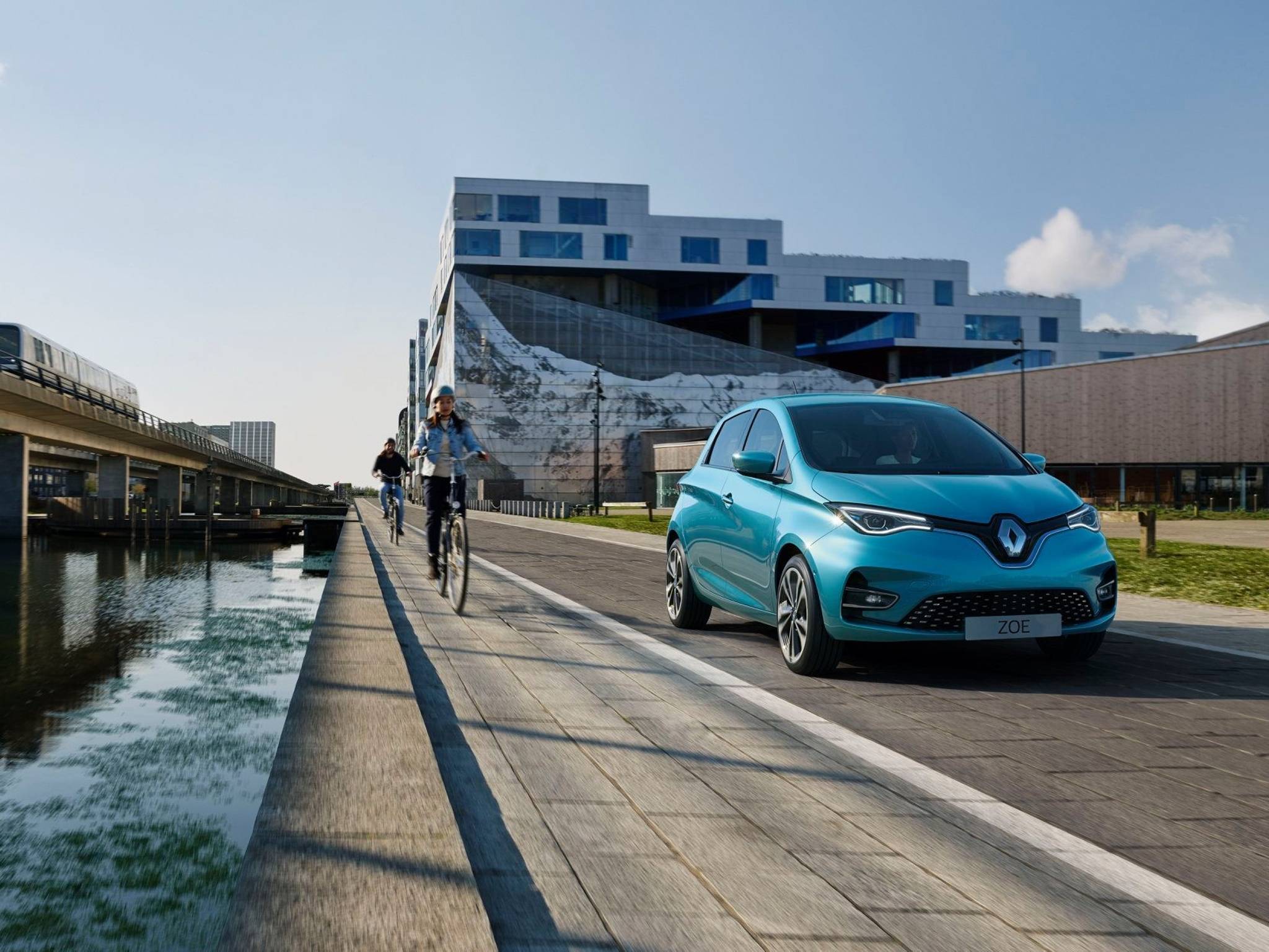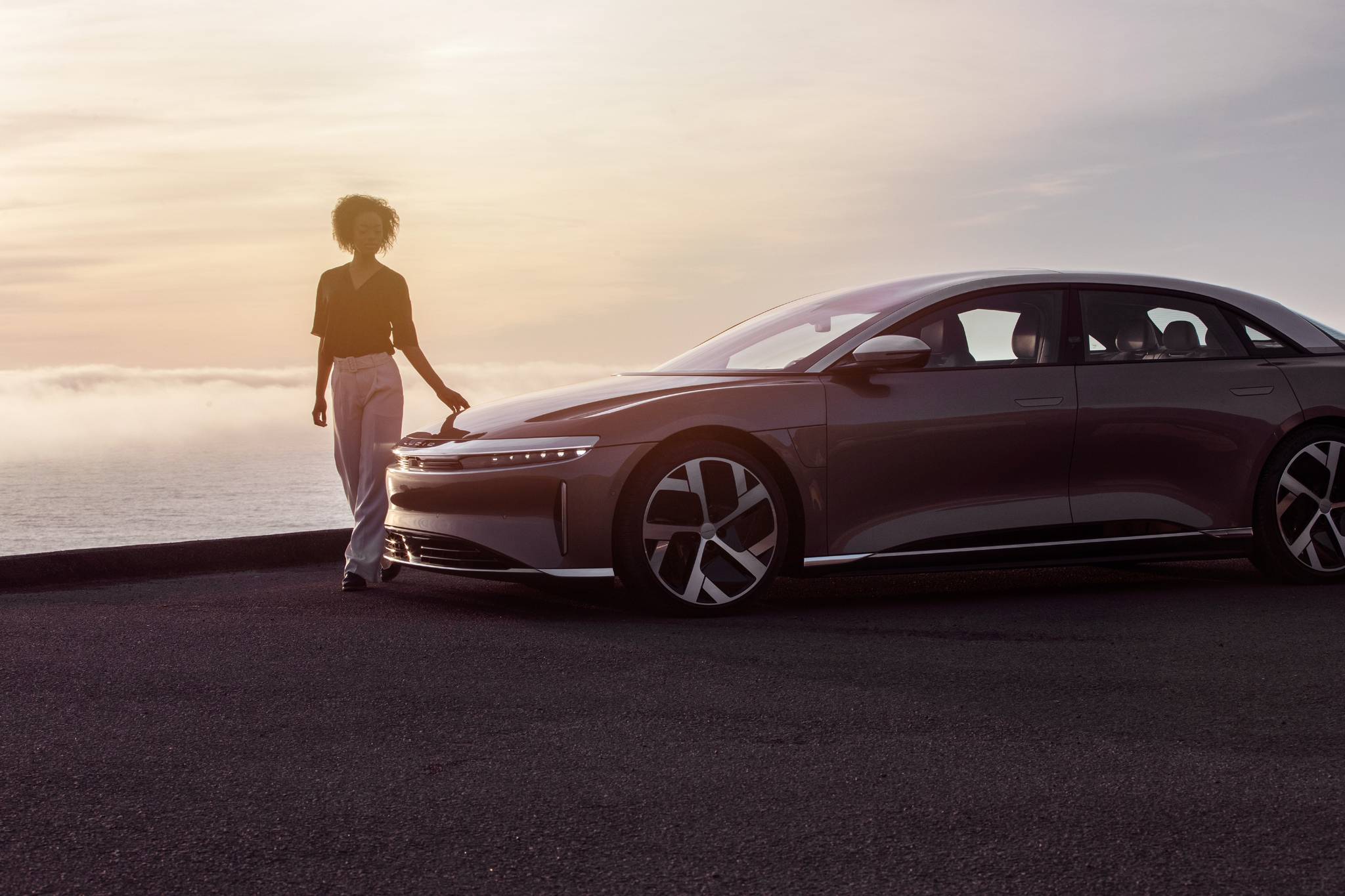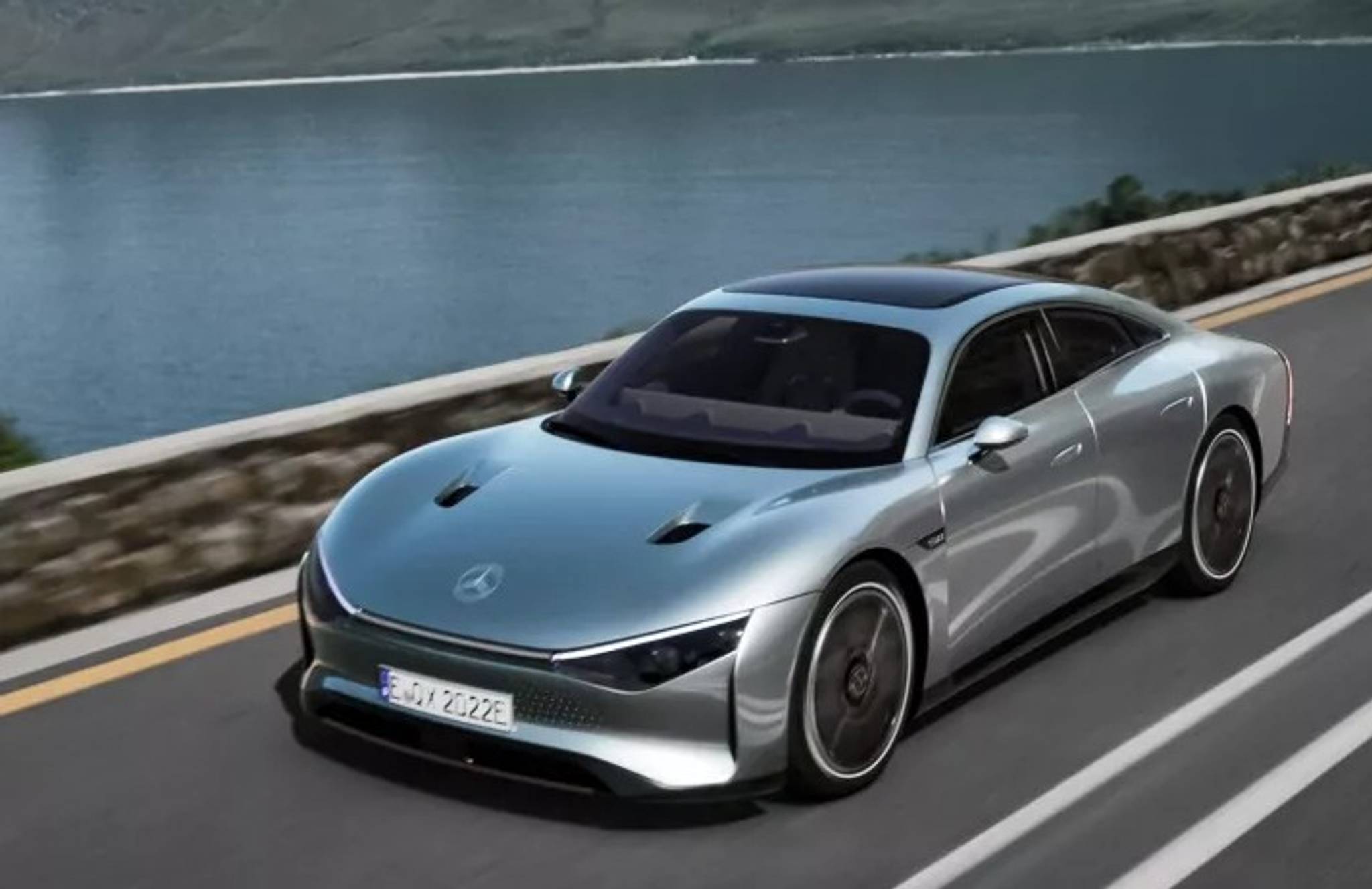
As the UK and US auto industries turn increased focus towards electric vehicles, it’s clear that consumers don't need convincing on the sustainability factor of EVs, but may need more persuasion on aspects such as cost and credibility before they make the switch to electric.
In our June Getting Around Sector Snapshot, we took a look at people’s feelings toward electric vehicles. The resulting sector behaviour, called ‘Electric Attraction’, is specifically not about sustainability. At this point, the eco-benefits of EVs are well-known, and the intention to switch is strong. Roughly half of Britons say they would switch from combustion-powered cars to EVs and an estimated 71% of Americans say they’re also somewhat likely to consider buying an EV. Almost 60% of EV drivers in France, the UK, Germany, the Netherlands, and Belgium say they went electric because of the environmental impact. And while EVs sales represent a growing slice of the pie in some territories - as of this year, new EV sales are outstripping new diesel sales in the UK - there is a stubborn intention/action gap more broadly, as EVs still account for less than 2% of the entire automotive market.
Clearly, issues remain outside of eco concerns: 71% of Americans said they would consider buying an EV in 2020, but plug-ins only made 2% of light-duty vehicle sales that same year. The intention-action gap covers significant barriers to entry, including both the very real issue of cost and the less tangible problem of perception bias, with many viewing the sustainable options as inferior in quality, efficiency and overall enjoyment.
Cost issues are significant. For 59% of Britons, the average price of EVs (£42,896) needs to fall by £15,000 for them to consider making the switch. In the US, the typical EV owner is a 40- to 55-year-old man with an annual household income of more than $100,000. And the price of EVs is increasing, even though the cost of batteries is decreasing. Plus, the question of infrastructure is key, too, and tells a more complex story about exclusivity - as you can read about in our report on why people from marginalised communities aren’t driving EVs, there are only 17 EV charging stations in the Bronx, which has a population of 1.4 million people. Range anxiety is high, too - as we discussed in a report on how solving the issues with charging points is central to unlocking Ev's potential to transform the auto sector.
So far, much of the brand activity in this space has focused on the perception that EVs offer a worse experience than petrol and diesel cars - but does unknown mean unreliable? As we’ve written about, Mercedes and Porsche are addressing people’s battery-life concerns, with the former boasting an enhanced energy-efficient battery with a range of more than 620 miles. BMW’s collaboration with award-winning composer Hans Zimmer has seen the creation of a signature sound for its EVs, giving the range its own exclusive sonic identity. And Sony too has entered the market, with plans to take EVs a step further by combining them with high-quality entertainment, turning eco-friendly travel into something closer to an experience.
But as we discovered in our June Vox Pops on this topic, there are ways through the thornier issues that could make significant inroads in turning intention into action. EVs represent a strong case study in the complexities that appear when consumers are asked to make a significant change, especially something as significant as embracing new electric vehicles. Approaching the task means acknowledging the intersection of problems - including socio-economic disparities and infrastructure issues - alongside a load of creative thinking.
Take lack of knowledge about EVs - this is something that can be addressed, and quickly. Christian, 35 from Texas, said “I think electric cars should be more promoted because when I watch TV, I see mostly they talk about electric cars, but they don’t give too many details about how the machine operates. I’d like to know about the whole system. I want to be convinced why electric cars are much better than gasoline cars.” One of the insights in the US Vox Pop focused on an increase in awareness and education, explaining how auto brands can inform people about what EV ownership looks like - which will be key to increasing buy-in.
And the cost is something that can also be addressed if the will is there. In the UK Vox Pop report, Nousheen from Reading suggested that a grant to help towards the cost of EVs would be necessary to make them a viable financial option for many drivers. While government grants and tax breaks would be a game-changer for the industry, there are ways for the auto industry to rethink EV purchasing without waiting for a government mandate. For example, German company &Charge uses a loyalty scheme, in which people earn points via online purchases that let them unlock access to electric mobility options.
EV ownership is already a feature of the auto industry, and it is set to expand as governments look toward reducing the amount of petrol and diesel vehicles on the market. But to stop this trajectory from becoming a pain point for consumers, moves need to be made to prevent the EV category from being defined by exclusivity. Can listening to the worries of drivers, that are yet to make the switch to electric, make the EV market an innovation everyone can be part of?



